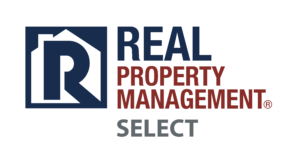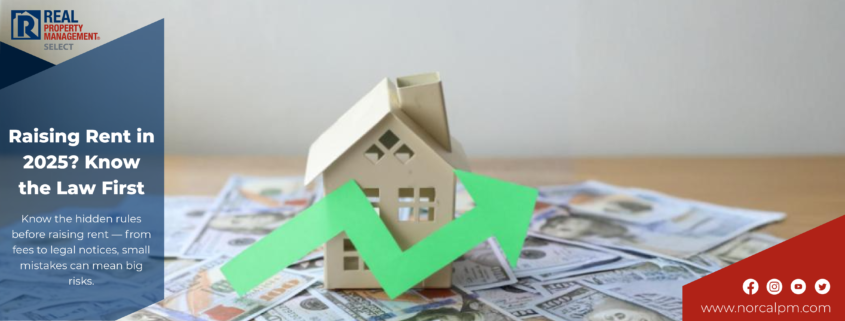Raising the Rent in California: What Property Owners Need to Know
Raising rent in California isn’t just a financial decision—it’s a legal one. With the state’s complex web of rent control ordinances, tenant protections, and emergency regulations, a single misstep can lead to costly consequences for rental property owners.
If you plan to raise rent in 2025 or beyond, understanding the current regulatory landscape is essential. From the scope of AB 1482 to city-specific rules and hidden liabilities, here’s what every landlord in California needs to know.
1. Not All Charges Are Just “Rent”
Under many local ordinances, “rent” goes beyond the base monthly rate. Charges like:
- Parking fees
- Pet rent
- RUBS (Ratio Utility Billing Systems) for utilities
- Storage fees
- Monthly amenities
…may all be counted as part of “rent” under local definitions. That means they could be subject to rent caps, increase limits, and strict notice requirements. Increasing these charges without proper documentation or calculation could expose landlords to penalties—even if the base rent stays the same.
2. Don’t Rely on an AB 1482 Exemption Without Proof
The California Tenant Protection Act (AB 1482) provides statewide rent caps and just cause eviction rules. While some properties—such as newer builds and certain single-family homes—are exempt, those exemptions must be disclosed properly in writing.
Failing to include the exemption notice in your lease can eliminate your legal protection—even if your property technically qualifies. This applies whether you own a duplex in Sacramento, a condo in Concord, or a single-family rental in Roseville.
Action Step: Always include the AB 1482 exemption language in new leases and lease renewals.
3. COVID-19 Declarations Still Matter
Although the COVID-19 emergency officially ended, tenant hardship declarations submitted during the pandemic still carry weight. In some cases, landlords are restricted from increasing or charging fees for services that were waived or provided for free during emergency periods.
Additionally, Penal Code §396, which limits price increases during emergencies, may still apply in counties with ongoing or overlapping declarations unrelated to COVID-19 (e.g., wildfires or floods). If your property is in a county or region affected by a disaster declaration—even if it’s not related to your specific unit—you may be restricted from raising rent above 10%.
4. Section 8 and Subsidized Housing: Separate Rules Apply
Properties with Housing Choice Voucher tenants (Section 8) must follow specific federal and local guidelines when raising rent. Not only do you need housing authority approval, but the process and timing of notices differ from market-rate units. Incorrectly handling rent adjustments for voucher holders can jeopardize your participation in the program and invite compliance violations.
5. Most Common Rent Increase Mistakes
Avoid these common mistakes:
- Using outdated CPI data for AB 1482 rent calculations
- Issuing improper or untimely notice of rent increase
- Increasing fees (like parking or storage) without tracking local caps
- Applying rent increases during emergency declaration periods
- Missing AB 1482 exemption notices in leases
- Assuming local ordinances don’t apply because the property is state-exempt
Tip: Tools like CPI calculators and professional property management support are critical to staying compliant.
With California’s rental laws constantly evolving, especially in high-regulation areas like the East Bay and Sacramento region, rent increases must be approached strategically—not reactively.
Before adjusting rents or fees, review your city’s ordinances, the timing of past increases, and any applicable exemptions or declarations. Property owners who proactively stay informed and document changes correctly are more likely to avoid disputes and preserve profitability.
Want to make sure your next rent increase is legally sound? At Real Property Management Select, we help property owners across Sacramento, Roseville, Concord, Napa, and East Bay stay compliant with California’s ever-changing rental laws. From CPI tracking to lease compliance and rent notices, our team makes sure your business stays protected.
Contact us today to learn how we help California landlords navigate rent control, legal compliance, and tenant relations with confidence.




Leave a Reply
Want to join the discussion?Feel free to contribute!